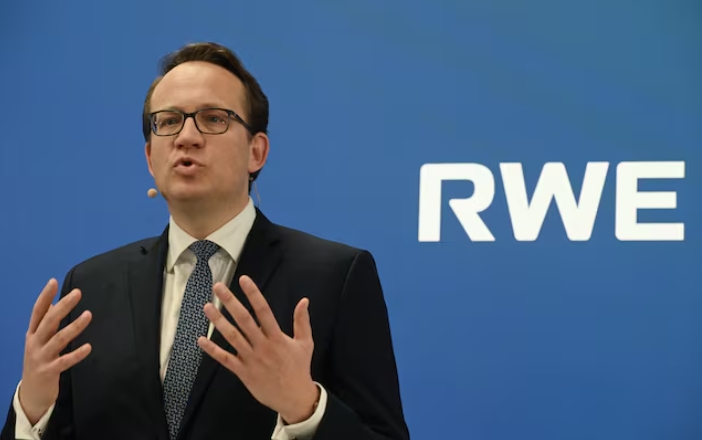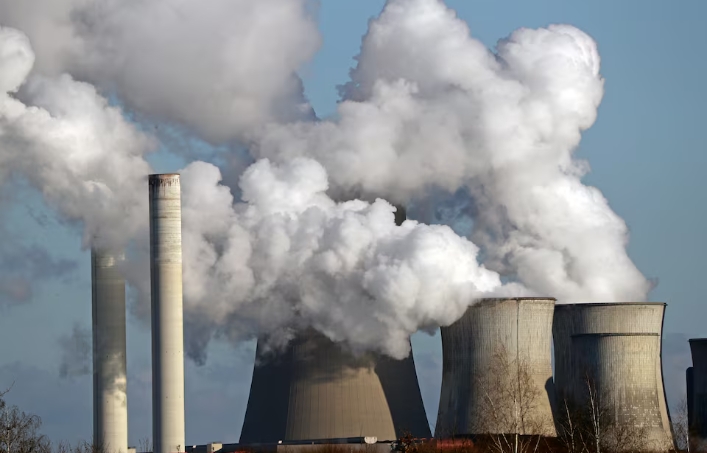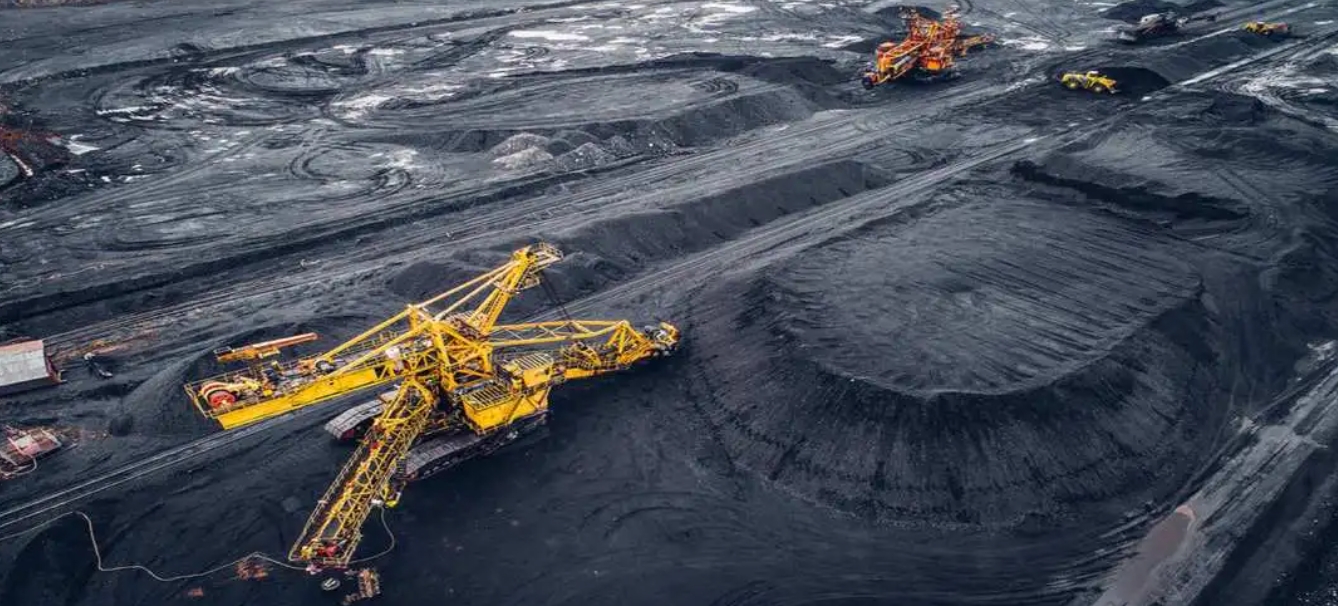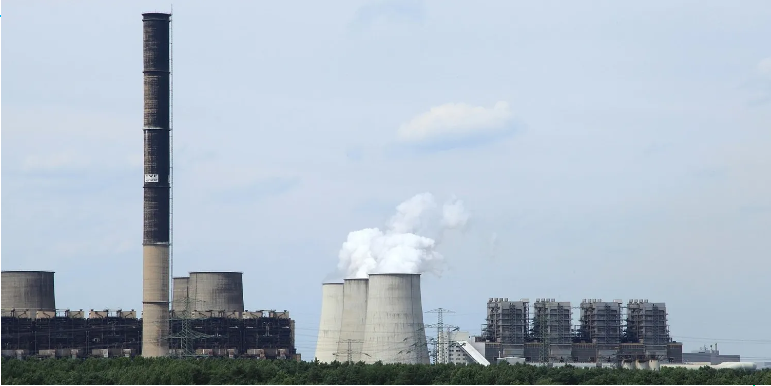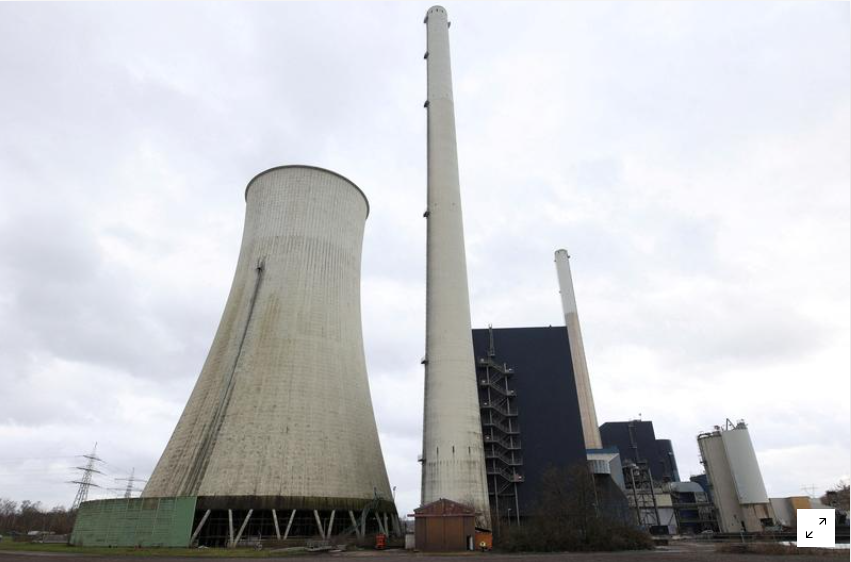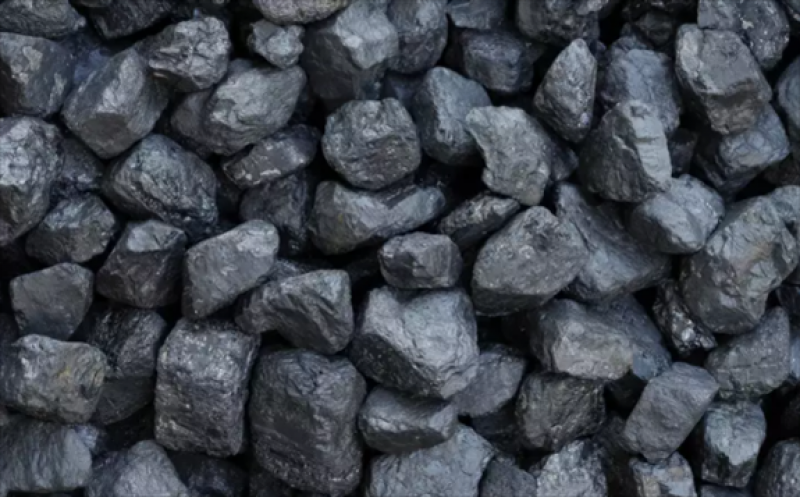The modelling, from Cornwall Insight’s North West Europe Benchmark Power Curve, casts doubt on Germany’s energy transition targets, with data showing nearly 19 GW of coal will still be part of the German energy system by 2030.
In 2021, the coalition German government, made up of the Social Democratic, Green and Free Democrat parties, agreed to phase-out coal from the German energy system by 2030, eight years earlier than the original target set out in the Coal Phase-out Act.
The government initially intended to transition away from coal through a combination of renewable energy expansion and new gas-fired power plants. These plants, which would eventually switch to hydrogen, aimed to provide up to 25 GW of capacity. However, budget constraints have put this strategy on hold, leaving a critical gap in the plan.
The sanctions on Russian gas imports have added to the issues, with Germany needing to refire 8 GW of coal and lignite powered plants to compensate for the loss of gas capacity.
Economic concerns have recently seen key figures, including the German Finance Minister, question the feasibility of the 2030 target. Regional leaders have also voiced concerns about a lack of alternative generation sources if coal and lignite are phased out.
Tom Musker, Modelling Manager at Cornwall Insight, comments:
“Germany’s energy landscape is undergoing a dramatic transformation. The need to diversify away from Russian gas, alongside ambitious renewables targets have sparked a fundamental shift in how the nation sources its power.
“Germany is certainly going green, but the question is how fast. The 2030 coal phase-out, once hailed as a bold step, now faces the harsh reality of economic barriers and stalled infrastructure development, casting serious doubt on the country’s ability to hit this target.
“Germany is still making huge strides towards net zero, and we’ve seen substantial expansions in onshore wind and solar. However, many people, including some in government, are realising it is going to take a little longer than expected to transition Germany away from its reliance on coal.”

